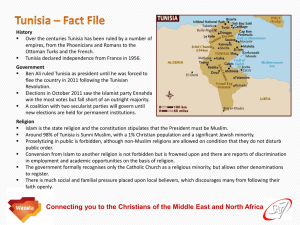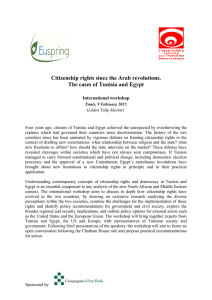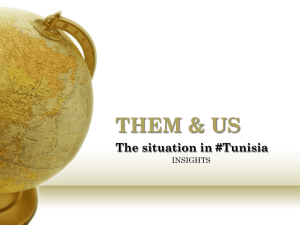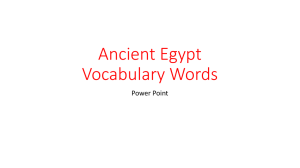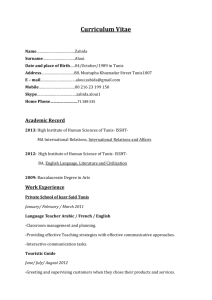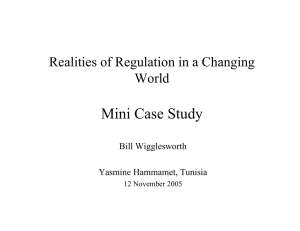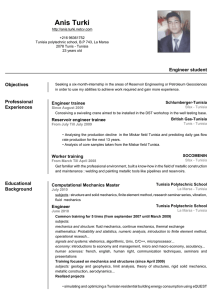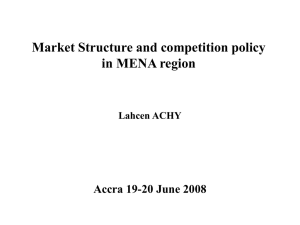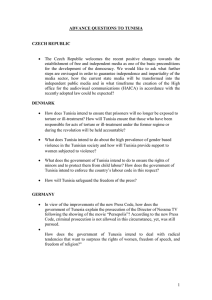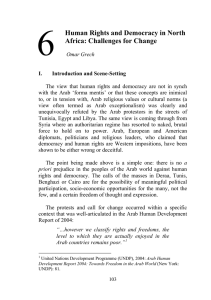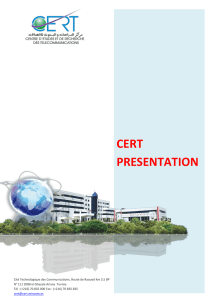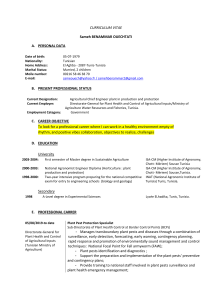Fact Sheet Forum 1 Vote Match / Voter mobilisation
advertisement
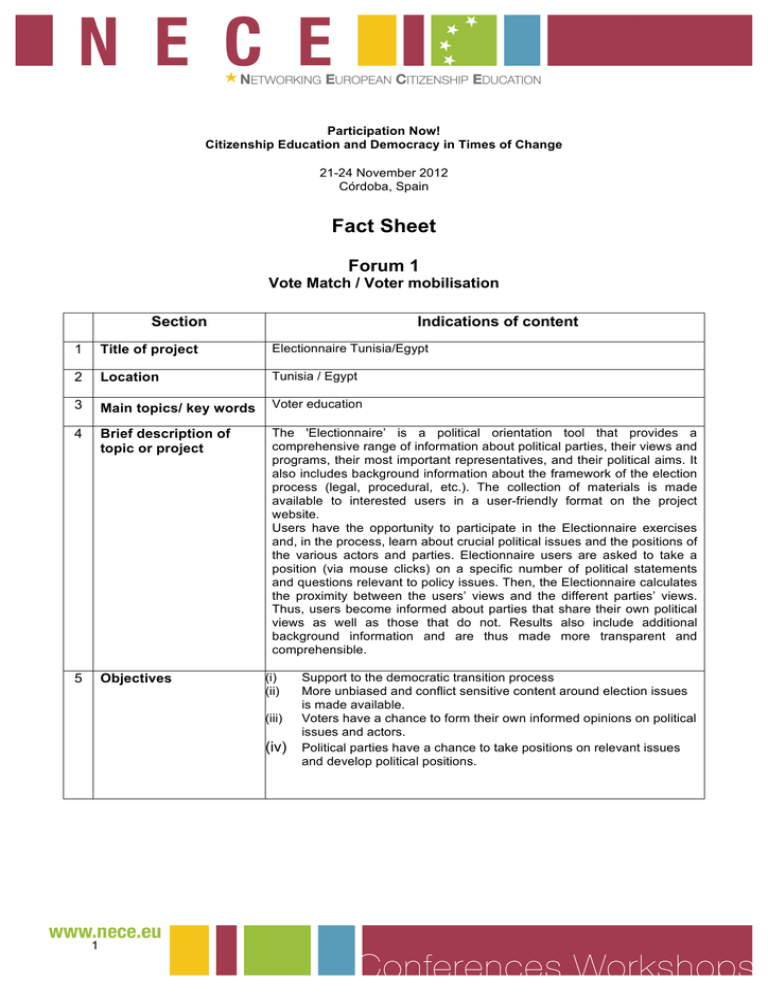
Participation Now! Citizenship Education and Democracy in Times of Change 21-24 November 2012 Córdoba, Spain Fact Sheet Forum 1 Vote Match / Voter mobilisation Section Indications of content 1 Title of project Electionnaire Tunisia/Egypt 2 Location Tunisia / Egypt 3 Main topics/ key words Voter education 4 Brief description of topic or project The 'Electionnaire’ is a political orientation tool that provides a comprehensive range of information about political parties, their views and programs, their most important representatives, and their political aims. It also includes background information about the framework of the election process (legal, procedural, etc.). The collection of materials is made available to interested users in a user-friendly format on the project website. Users have the opportunity to participate in the Electionnaire exercises and, in the process, learn about crucial political issues and the positions of the various actors and parties. Electionnaire users are asked to take a position (via mouse clicks) on a specific number of political statements and questions relevant to policy issues. Then, the Electionnaire calculates the proximity between the users’ views and the different parties’ views. Thus, users become informed about parties that share their own political views as well as those that do not. Results also include additional background information and are thus made more transparent and comprehensible. 5 Objectives (i) (ii) (iii) (iv) 1 Support to the democratic transition process More unbiased and conflict sensitive content around election issues is made available. Voters have a chance to form their own informed opinions on political issues and actors. Political parties have a chance to take positions on relevant issues and develop political positions. 6 Effect on relevant developments in citizenship education and human rights education concerning changing processes in democracy and citizen participation. Thanks to the Electionnaire, civil society participated in the determination of relevant issues on which the political parties were invited to take a position. Political parties, on the other hand, had a chance to develop their political positions pertaining to relevant issues. Especially for new parties, which may have limited financial power, it represented a unique opportunity to get in contact with the electorate. In that sense, the Electionnaire provided equal opportunities among parties, which constitutes a major democratic principle. In addition, the Electionnaire offered users the opportunity to gain a broader perspective on the different positions of the political spectrum in an easy way. 7 Target Groups Primary target group were political parties and political actors in general. Secondary target group consisted of all Electionnaire users in Tunisia and in Egypt who were able to form their political opinions and make informed decisions. 8 Methods / Format Bottom up approach Inclusion of civil society in the formulation of the questionnaire- Political parties were not involved in that process 9 Results / Evaluation / Materials The Electionnaire Tunisia counted with: - 30 statements developed in consultation with civil society organizations - 29 political parties - Expert panel of seven civil society representatives - a total of 62000 users The Electionnaire in Egypt counted with: - 29 statements - 31 political parties - Expert Panel: 18 civil society representatives A total of 123750 users 10 Sustainable impact of topic or project (local, regional) The Electionnaire Tunisia was the result of intensive interaction between the local partner and involved experts, as well as political parties. The local partner played a central role in every phase of the project and would therefore be able to implement the project in the next elections. 11 Contact information of presenting persons (first name, surname, postal address, name of organisation, e-mail address, phone) Paola Stablum and Haytham El Wardany Brunnenstrasse 9, 10119 Berlin Media in Cooperation and Transition gGmbH Email: stablum@mict-international.org, haytham@mict-international.org Phone: +49 3048493020 2
